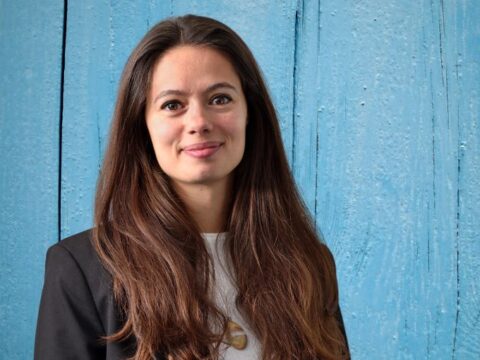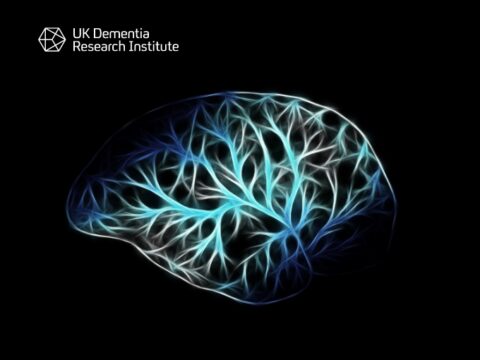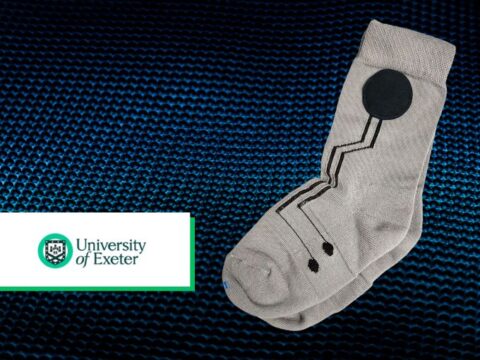
Monika Kyliotaityte
Name:
Monika Kyliotaityte
Job title:
MSc Translational Neuroscience student
Place of work / study:
Area of Research:
I am mostly interested in the cellular and molecular mechanisms underlying the development and progression of various age-related neurodegenerative disorders. In particular, I am curious about neuroinflammatory processes that lead to impaired brain health in dementia.
Tell us a little about yourself:
I was born and raised in a small hidden gem-like country called Lithuania. Being always interested in human biology, I decided to study Biomedical Sciences for my undergraduate degree at the University of Manchester. After two years of my studies, I joined MSD Discovery Centre in London where I did a project aimed at developing a novel aged brain cell model that could help to find cures for neurodegenerative disease. From there, my passion for studying the ageing brain and neuroinflammation excelled. I finished off my time at the University by completing a research project in the laboratory where I tested a novel drug that could improve the outcomes of stroke patients by stopping neuroinflammation. My next brain research chapter is about to begin at the Imperial College London where I hope to contribute my knowledge and enthusiasm to solving one of the greatest today’s challenges – dementia. In my free time, I enjoy volunteering in projects aimed at creating activities for kids and teenagers from local communities. Also, I am a big fan of hiking, yoga, reading books, and exploring art galleries.
Tell us a fun fact about yourself:
I worked as a barista for three years when I was doing my undergraduate degree but could never master drawing on a coffee. A questionable heart was all I could draw. I assume I am much better at working at the laboratory bench rather than at the coffee counter.
Why did you choose to work in dementia?
Just when I started my undergraduate studies, my grandpa started showing signs of memory loss. As his condition was getting worse, I started questioning the origins of dementia from a scientific perspective. This helped to shape my career and interest trajectory. Now, his disease reached a heart-breaking point where he is struggling to remember things that happened a few minutes ago or significant life events that happened many years ago. Seeing his disease and its impact on my family has encouraged me to shape my scientific career towards finding ways how we could alleviate the disease burden on dementia patients and their loved ones.
What single piece of advice would you give to an early career researcher?
Do not ignore your “gut feeling” when making both personal and professional life decisions. Do not forget to take care of your brain while you are taking care of others – I could not emphasize the importance of mental health enough. Make sure to find time to take care of your mental well-being – whether that is going for a coffee with a friend, going for a walk in nature, or going to a therapy session.
What book are you reading right now? Would you recommend it?
Mapping the Mind by Rita Carter. Brilliant, insightful, and engaging. Could not recommend it more.
Can we find you on Twitter & Instagram?
Follow @neuro_things on Instagram

 Print This Post
Print This Post





